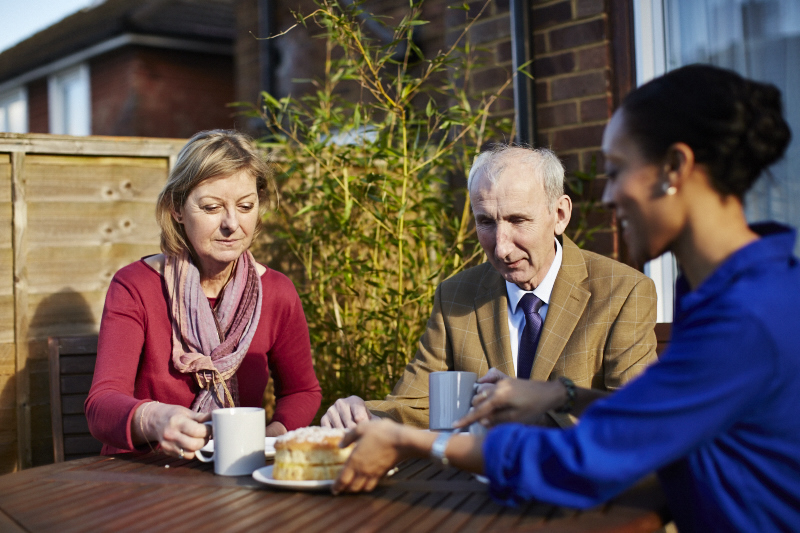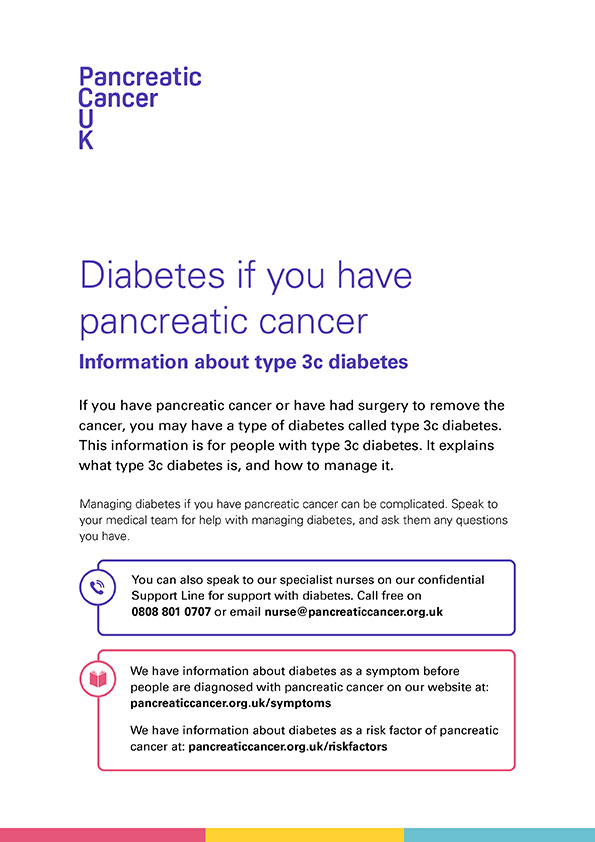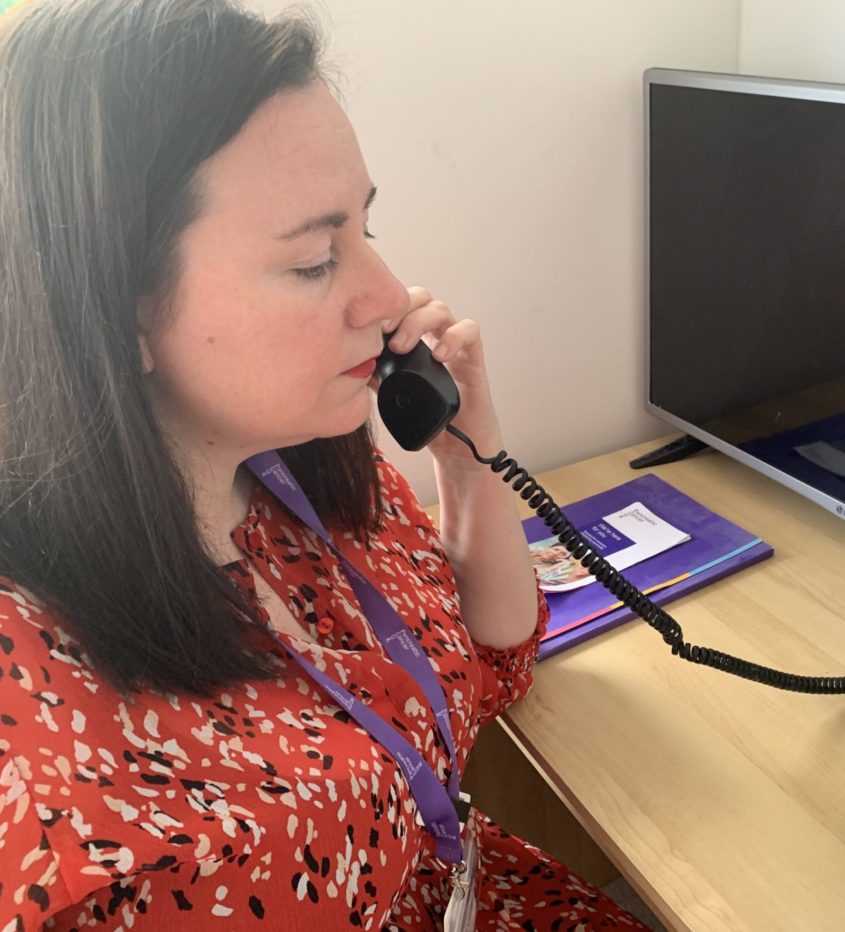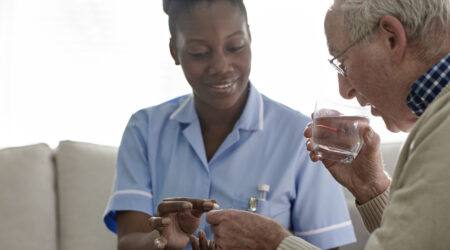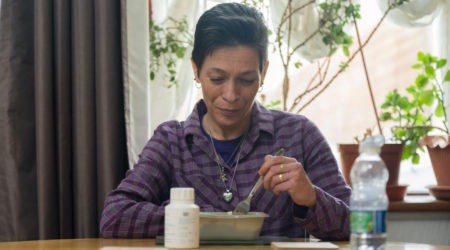If you have type 3c diabetes, you are likely to also have problems digesting your food.
As well as insulin and glucagon, the pancreas also makes enzymes which break down your food. If you have pancreatic cancer, your pancreas may not make enough of these enzymes, or they may be blocked from getting to the part of your bowel where they are needed. This means that food is not properly digested.
You can take capsules to replace the enzymes that your pancreas would normally make. This is called pancreatic enzyme replacement therapy (PERT) and will help you digest your food.
If you have problems digesting your food, you won’t be fully digesting carbohydrates in your food. This means that less glucose will be absorbed into your blood. Once you start taking the pancreatic enzymes, your blood sugar level may rise because you will be digesting your food again.
This can change how your diabetes needs to be managed, and it may need to be monitored more regularly. If you notice your blood sugar levels have gone up, speak to your diabetes team as they may need to change your medicine. It’s important that blood sugar levels are treated with medicine and not by reducing how much PERT you take.


